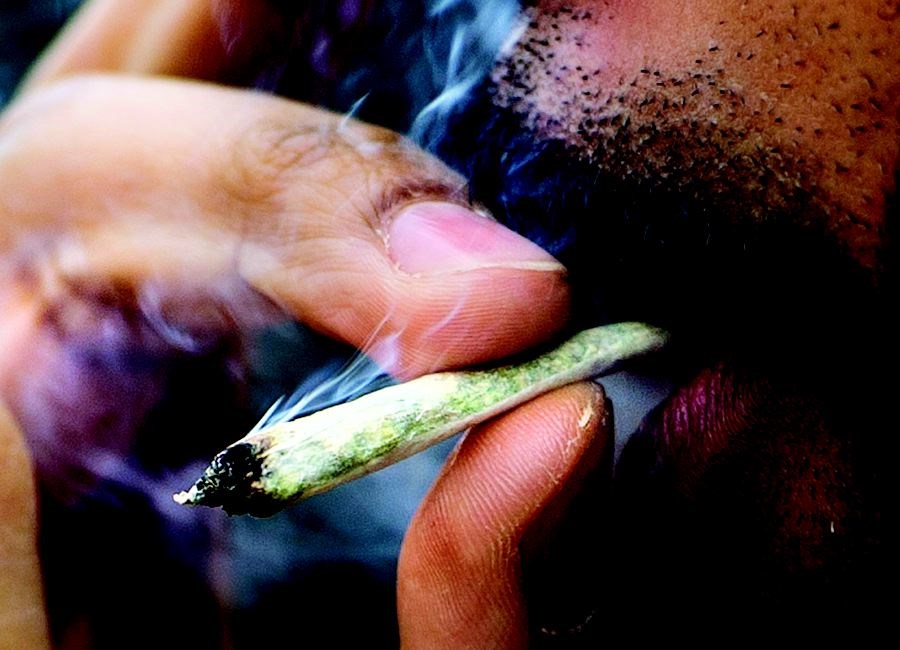VICTORIA -- Local governments are not doing enough to stop marijuana-related crimes and an upcoming vote on whether or not to support the legalization of pot is not the action needed, according to a decorated criminologist.
Dr. Darryl Plecas, who holds the RCMP University Research Chair in Crime Reduction at the University of the Fraser Valley, told a packed Monday morning Union of B.C. Municipalities study session that he would stake his life on there not being any changes made to illegal grow ops if the federal government decriminalized marijuana.
On Wednesday morning, UBCM delegates will vote on a resolution calling on the "appropriate government to decriminalize marijuana and research the regulation and taxation" of the drug.
Plecas, one of five speakers arguing the pros and cons of supporting the resolution, said issues with marijuana producers would remain unless municipalities took action.
"You need to start using your regulatory powers and bylaws to make it incredibly difficult for people to have these grow ops," he said, adding the lack of municipal regulation is a "thorn in the side of law enforcement."
"It comes back to the failure of municipalities to do their part," said Plecas.
But supporting the fight for decriminalization is taking action, said police officer David Bratzer.
"The federal and provincial governments are not going to take this first step," said Bratzer, speaking on behalf of Stop the Violence BC - a coalition of law enforcement officials, legal experts and public health officials focused on the links between organized crime and pot prohibition.
He said a lack of a legal dispute mechanism when it comes to the marijuana trade has led to his police colleagues getting injured or killed and creates a financial strain on police, and subsequently
municipal, budgets.
"It's a very polarizing issue," said Kamloops councillor Ken Christian, who said the opportunity to learn more about the pros and cons was extremely valuable. "It's something civic government needs to look at."
Earlier this year, Prince George Mayor Shari Green said that the reform of marijuana laws was a federal issue and not one she was focused on.
"There's no question we have a gang issue and drug trade and organized crime go hand in hand, and it's an expensive battle to fight. But until the federal level makes a change, we have what we have and we do what we need to do to combat it," Green said in a May interview.
Similarly, the Regional District of Fraser-Fort George has not taken a position on whether pot should be legalized, said district chair Art Kaehn.
Valemount councillors Christine Latimer and Sandy Salt said they were intrigued by the prospect of having a say in the regulation and taxation of marijuana and reaping potential financial benefits, but understood the less glamorous realities of the situation.
"We're never going to be able to eliminate the crime aspect," said Salt.
"It's blowing up to a point where a decision needs to be made,"
Latimer added.



